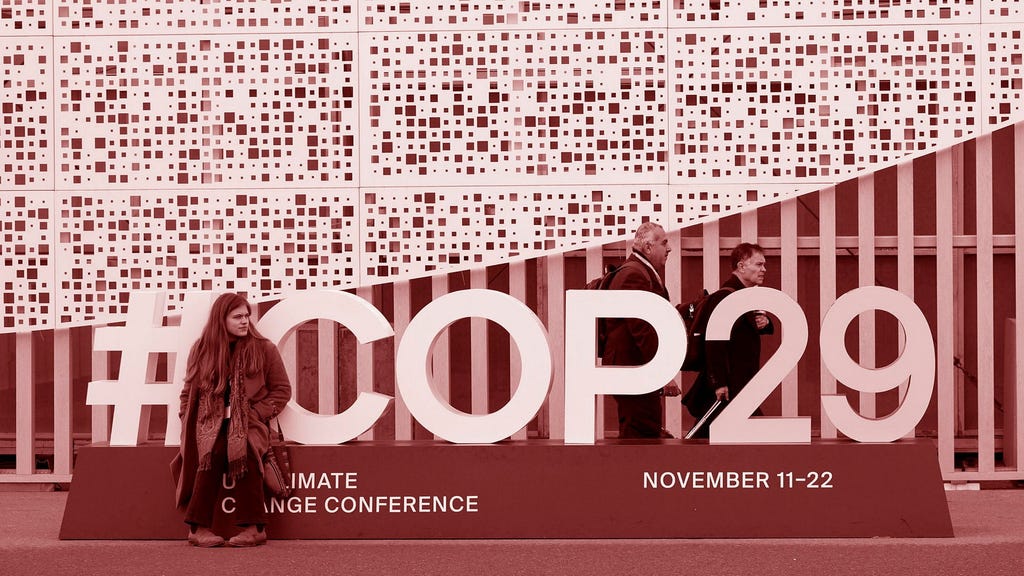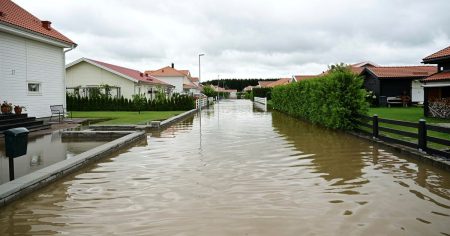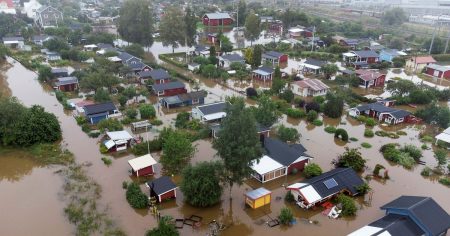The recent COP29 climate summit held in Azerbaijan has raised concerns about the effectiveness of climate action from global leaders. While the consequences of the summit will be felt by future generations, it is becoming increasingly clear that a genuine commitment to combating climate change is lacking. The challenges of transitioning to sustainable practices come at significant financial costs. Additionally, vested interests in fossil fuels are hindering progress, revealing a stark disconnect between the urgent needs of the planet and the willingness of nations to address them.
The gap between the required funding for climate change mitigation and the resources nations are prepared to allocate was apparent during the meeting. Leading up to the summit, the United Nations had emphasized the necessity for wealthy nations to commit $1 trillion annually to assist poorer countries with their climate transition. However, the outcome of COP29 fell drastically short, agreeing to only $300 billion per year until 2035, less than one-third of what was needed. This figure was not easily conceded; it came only after protests from the most vulnerable countries, highlighting the divisions between rich and poor nations.
The reaction from developing countries was predictably harsh, with leaders expressing that the agreement was ”too little and too late.” They characterized the final deal as an insult, emphasizing that such inadequate provisions would inevitably lead to suffering and devastation for those most affected by climate change. This sentiment of betrayal underlines both the frustration with the lack of commitment from wealthier nations and the urgency of the climate crisis facing the world’s most vulnerable populations.
Conversely, some Western nations expressed understanding of the frustrations voiced by developing countries, yet also demonstrated dissatisfaction with the lack of sufficient support from other financially robust nations. The specter of Donald Trump’s presidential term loomed over the summit, perceived as emboldening countries such as Saudi Arabia that oppose stringent climate measures. The interplay of political priorities, economic interests, and differing levels of accountability among nations has created a convoluted landscape that complicates effective global climate cooperation.
Overall, the COP29 summit is unlikely to be viewed as a turning point for climate financing, contrary to the optimistic predictions of some officials. Rather, it will likely be remembered as yet another instance where global leaders failed to meet the challenges posed by climate change effectively. The reluctance to take meaningful action undermines the prospects for a sustainable future and diminishes the hope for creating an environment where future generations can thrive.
As discussions on climate change continue, it is imperative for world leaders to bridge the alarming gap between their commitments and the reality needed to tackle the crisis. The decisions made—or inadequately made—at COP29 and previous summits will shape the trajectory of climate action and influence the lives of millions for years to come. A critical reassessment of priorities and a genuine commitment to financial support for developing nations are essential for getting global climate efforts back on track.














